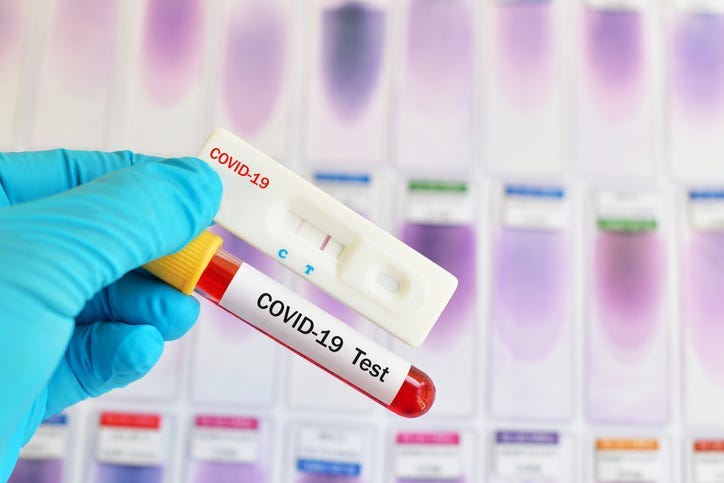
DALLAS (1080 KRLD) - Congressman Colin Allred joined Dallas County Judge Clay Jenkins and an infectious disease specialist from UT Southwestern Medical Center for a virtual town hall meeting Monday evening. The three took questions from business owners and members of the public about the response to coronavirus.
Allred says he has worked with fellow Democrat Eddie Bernie Johnson to secure more testing supplies for the area.
"The county does have the capacity to do many more tests than we are doing right now if we can get the federal support," Allred says. "That's been my focus."
Allred says a perceived lack of action by the Trump Administration to expand testing has been "inexcusable," saying the state and federal government should set up a plan to reopen businesses safely instead of just setting a date.
Jenkins says Dallas County has continued to see new cases even while hospitalizations have remained stable. Jenkins cited a report from epidemiologists from local hospitals, who said 27 people per 100,000 in Texas are being tested for COVID-19.
"We've scrapped and clawed to be a little better than that in Dallas to 152 per 100,000," Jenkins says. "President Trump said he wanted to see this leveling off and lowering of cases for two weeks before we opened up things. We're not there yet."
Researchers said that number should be at least 152 tests per 100,000 across Texas to ensure enough people with the virus are identified and isolated.
"Testing is available here, but a lot of it has to do with whether you have a primary care physician and you have somebody who's able to order those tests for you," says UT Southwestern Medical Center infectious disease specialist Julie Trivedi. "We are in complete agreement that we need to be able to relax some of those restrictions as far as who qualifies for testing. Only by doing that are we going to get a better sense of how prevalent COVID is in the community."
Trivedi says she is also concerned that UT Southwestern Medical Center has seen a drop in people seeking emergency care for other issues, like another illness, chest pain or signs of a stroke.
"We know, certainly, that does not mean these illnesses are not happening," she says. "We are wanting to reassure the general public it is still safe for people to come to the hospital."
Trivedi says UT Southwestern provides masks for patients and visitors, and the hospital, along with others in the region, have "robust" protocols to identify, test and isolate people who may have COVID-19.
Monday afternoon's report from 25 hospitals in Dallas showed about 52 percent of total beds occupied, 61 percent of ICU beds occupied and 32 percent of ventilators in use.
The three say reducing the time to get results from testing could help better conduct contact tracing and prevent "clusters" of cases at nursing homes, homeless shelters and jails.
